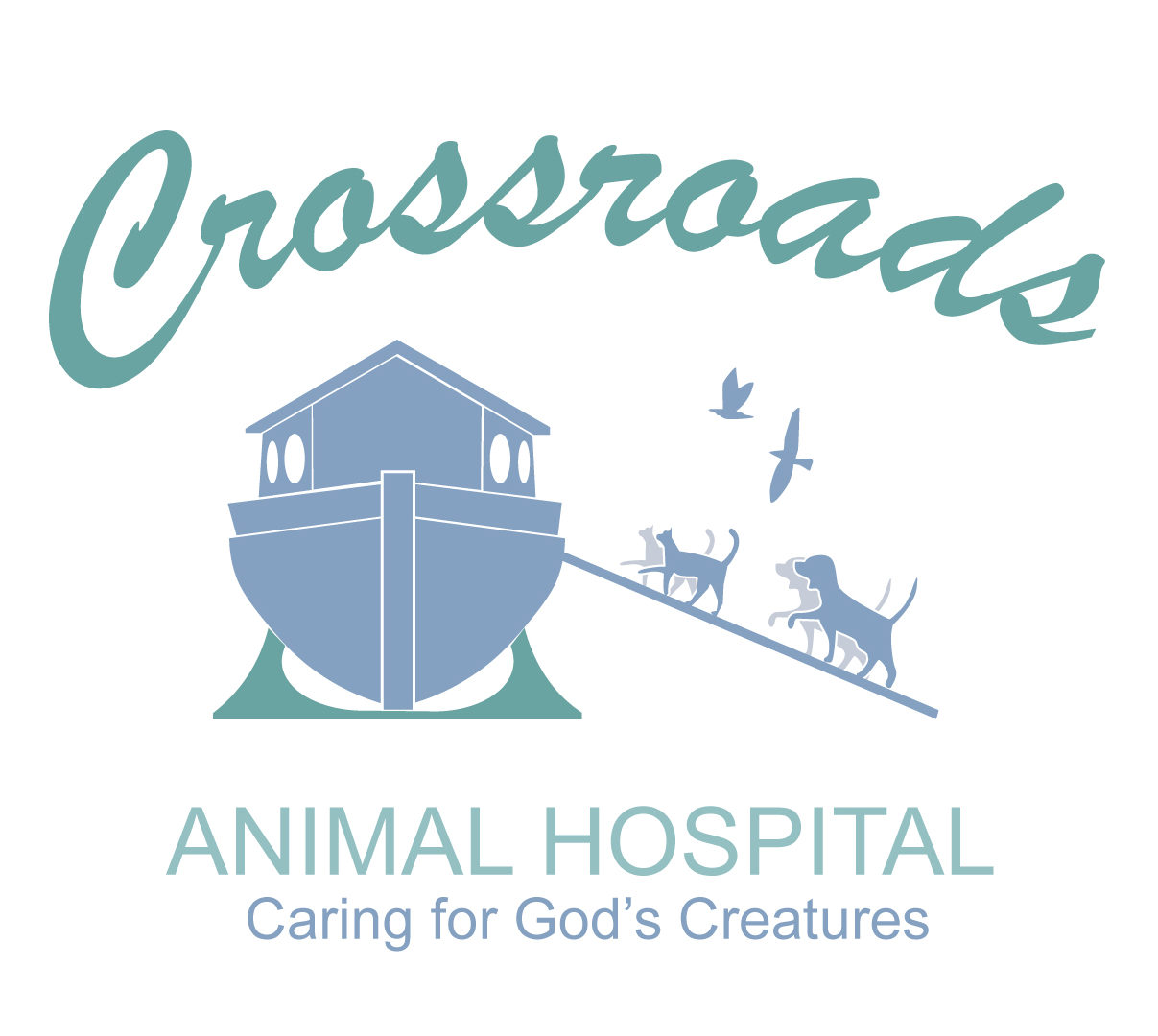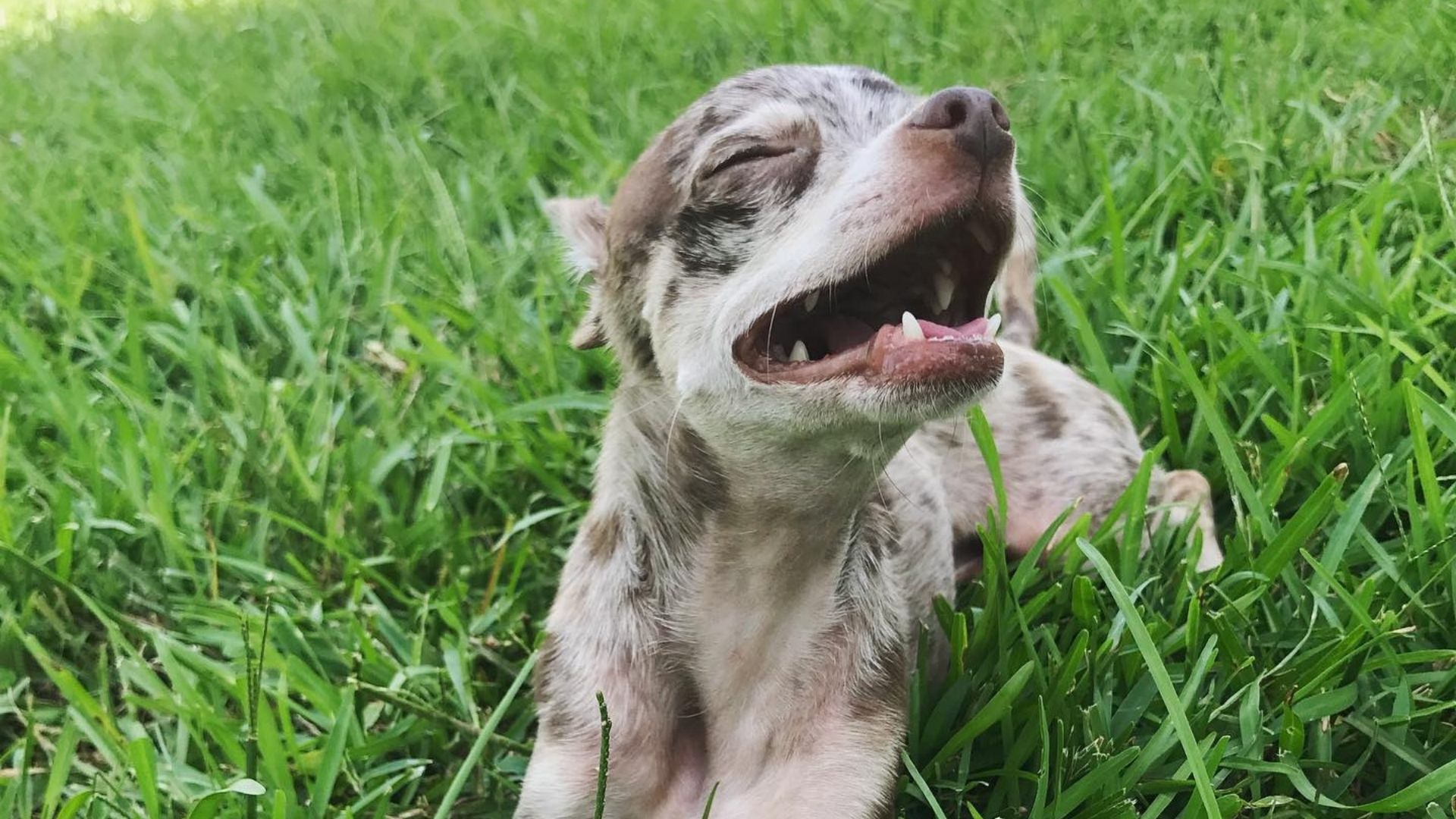Crossroads Animal Hospital Veterinary Services
At Crossroads Animal Hospital, we offer a number of veterinary services for the pets of Greenwell Springs.
Veterinary Services in the City of Central, LA
Crossroads Animal Hospital is committed to the highest quality health care possible for our patients. We also offer the most caring and considerate treatment of their owners, our clients. We treat dogs, cats, avian, and exotic pets in Greenwell Springs, LA. Please take a look at our offered services below.
Pet Wellness Care
Your pet can benefit greatly from annual wellness examinations or checkups and routine vaccinations.

Pet Surgery
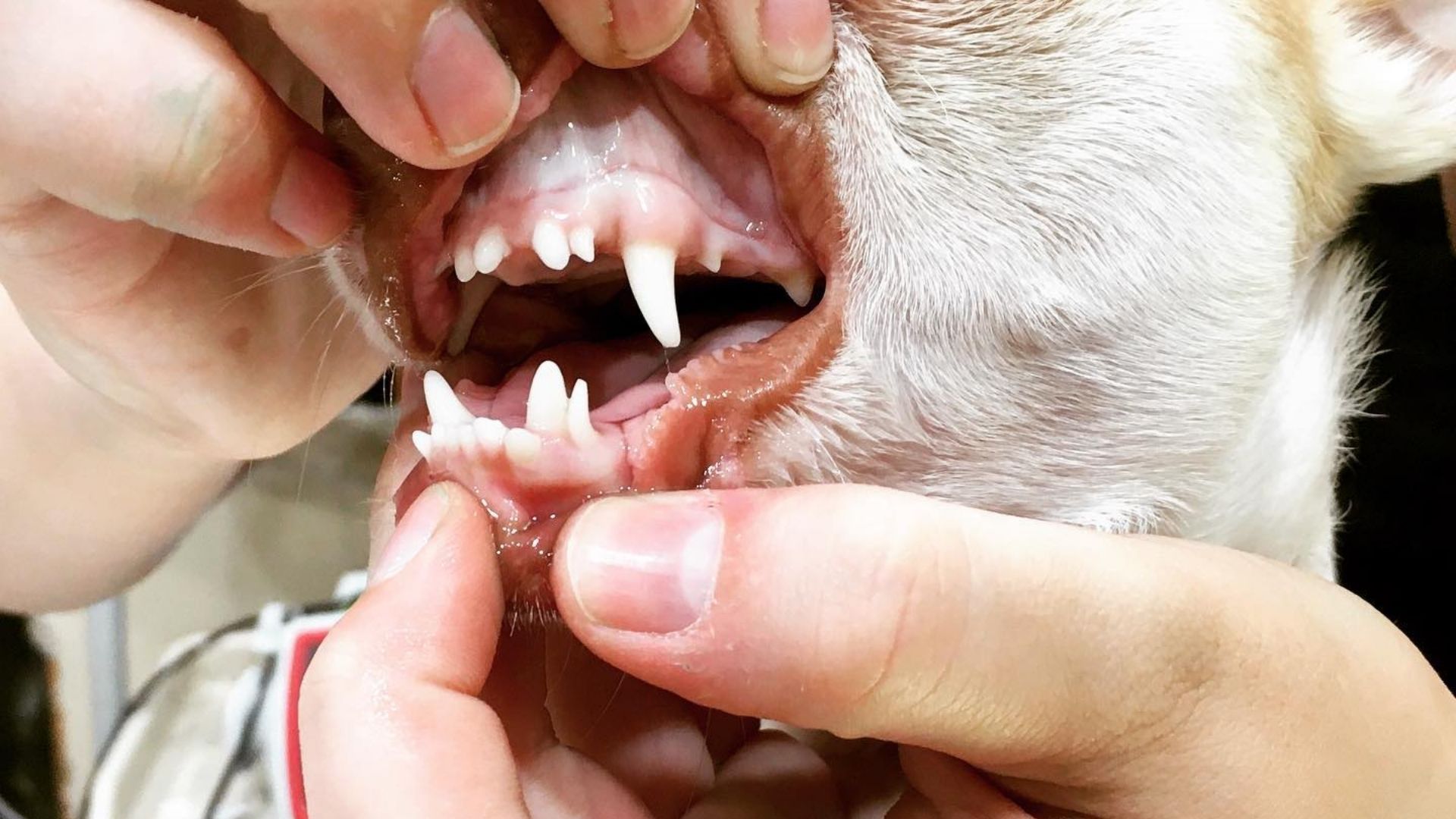
Pet Dentistry
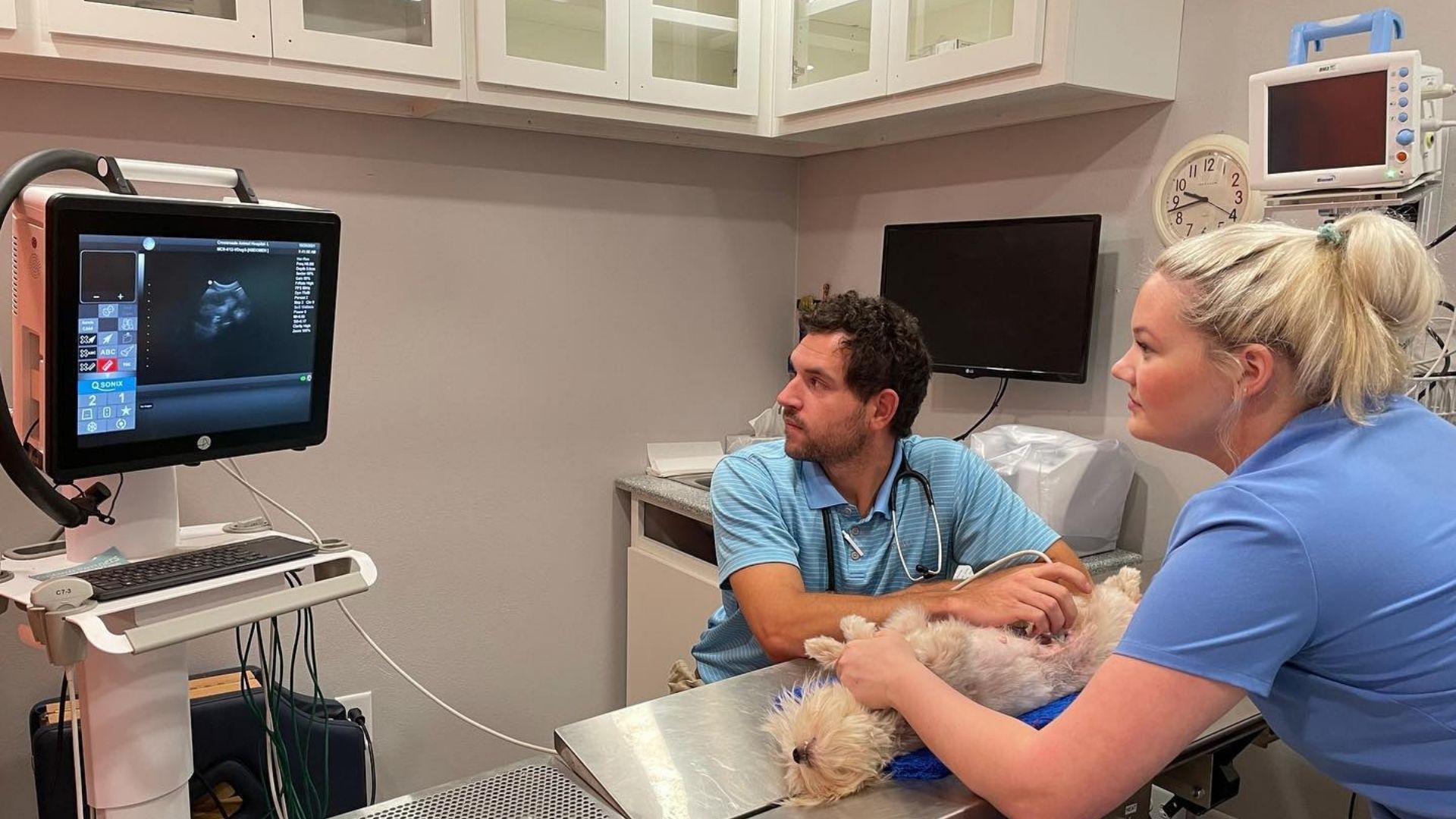
Pet Diagnostics
Our in-house lab and ultrasound services help us work towards a diagnosis for your pet so we can start treating them quickly.
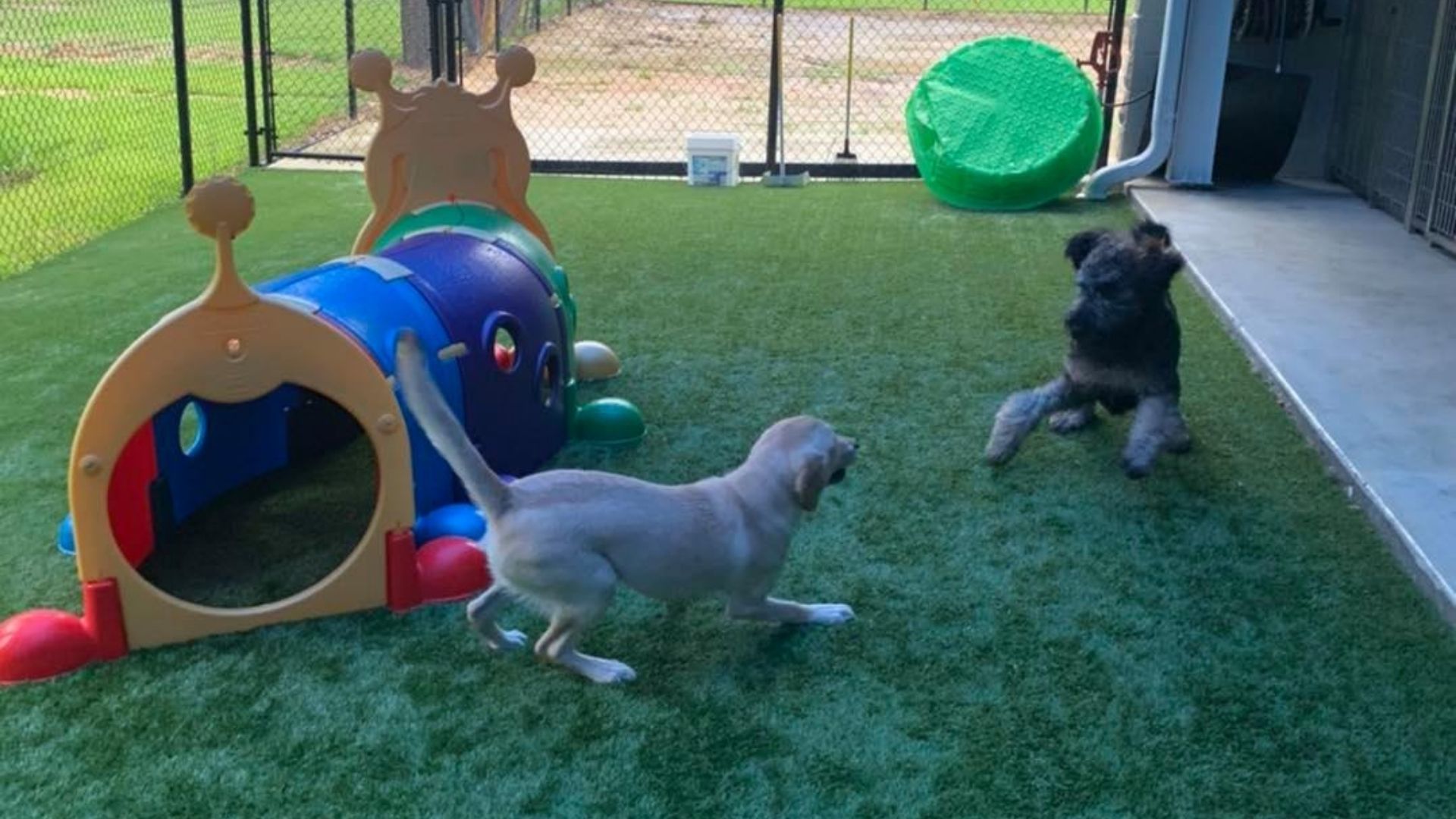
Boarding / Daycare
We happily offer luxury boarding and daycare services here at Crossroads Animal Hospital! We are dedicated to providing a safe, comfortable, and fun place for your pet.

